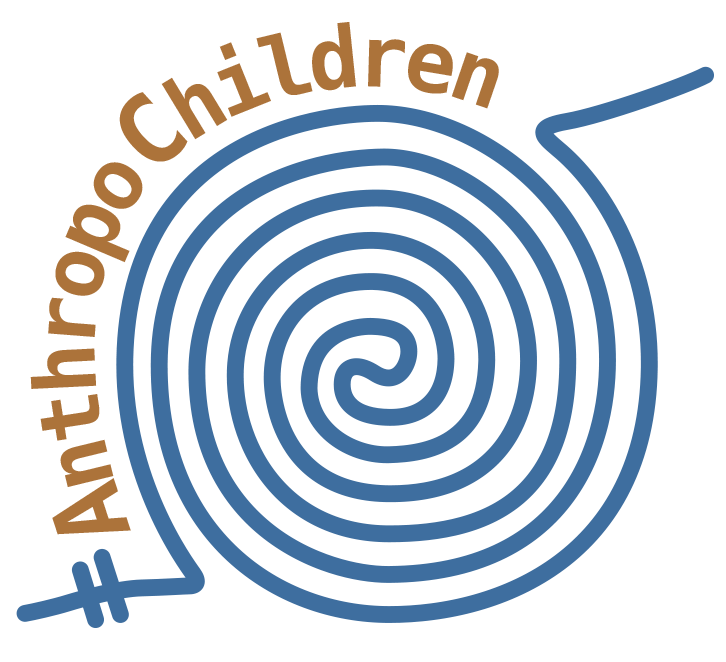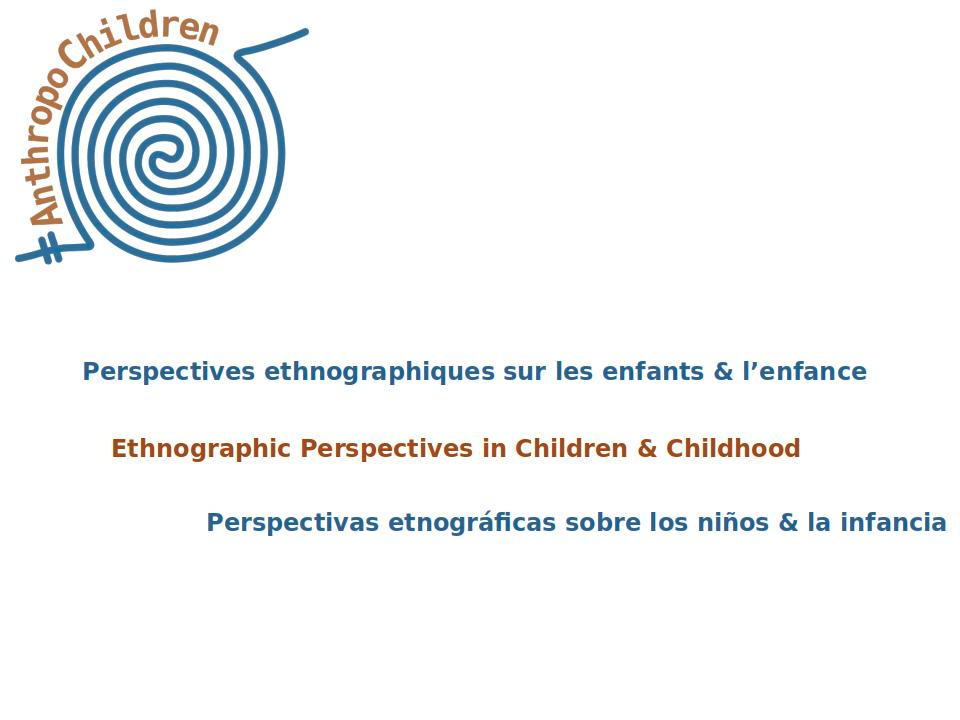- Accueil
- N° 8 (2018) / Issue 8 (2018)
- The Research and Advocacy Group for Hunter Gatherer Education
Visualisation(s): 2434 (13 ULiège)
Téléchargement(s): 128 (0 ULiège)
The Research and Advocacy Group for Hunter Gatherer Education

Document(s) associé(s)
Version PDF originale1Contemporary hunter-gatherers are among the most marginalized peoples in the world today, and face severe threats to their cultures, their livelihoods, and in many places – their very existence. Although formal education – schooling – is often presented as a solution for marginalized groups, generally social hierarchies are reproduced through such systems, and the extreme marginalization of hunters and gatherers in modern societies is mirrored in their schooling experiences. For most such communities, formal education is simultaneously difficult to access, of poor quality, culturally insensitive, and disconnected from communities’ immediate realities. Their own cultural forms of education are based on knowledge transmission approaches that are deeply integrated into social structures, values and cosmology, and subsistence strategies of the group. These approaches have been highly successful in a hunter-gatherer context. However, these traditional forms of knowledge transmission, though recognized as being highly effective and adaptive, are under threat due to loss of land, climate change, and other factors. As traditional livelihoods and resources are increasingly narrowed, hunter-gatherer communities are seeking other options.
2Formal education is one route to increased economic opportunities, and ideally provides access to dominant languages and other skills needed to negotiate for their rights. It is also a favored approach of governments and international organizations; global development goals of “education for all” present schooling as the solution to improving livelihoods and circumstances of marginalized groups. However, cultural disparities and enormous structural barriers make successful participation in school extremely challenging – almost everywhere, hunter-gatherer children participate in formal education systems at rates far lower than other groups, including other indigenous groups. Furthermore, in many areas, the available schools do not prepare hunter-gatherers for realistic livelihood options. Alternative education projects have been developed in some communities, with varying degrees of success. Even in cases where individual members make it through the education system, huge structural barriers often limit their opportunities for participation in the job market.
3Specific approaches are needed that address communities’ particular cultural needs and economic options. However, due to their small numbers, such groups face severe problems of scale when it comes to accessing resources; this is exacerbated by stigma. They are often overlooked in statistical analyses, and ignored by donor agencies and governments, because they are too few or too “difficult”, and specifically tailored approaches will be too expensive. Furthermore, the approach of governments towards hunter-gatherer communities is often based in a desire to “civilize” or sedentarize them. Educationally, this translates into a lack of appropriate educational facilities near their homes and a lack of mother tongue educational materials in their languages, which in turn means that the only options for formal education are highly assimilative and separate children from their families. This is a violation of indigenous rights, as outlined in a number of global rights documents.
4We would like to announce the formation of the Research and Advocacy Group for Hunter Gatherer Education, under the International Society for Hunter Gatherer Research (ISHGR). This group focuses on issues relating to education for contemporary hunting and gathering societies. A central goal of this group will be to contribute to hunter-gatherer communities’ ongoing efforts to secure sustainable livelihoods, with an emphasis on educational aspects of these efforts. By education we are referring broadly to intergenerational knowledge transmission that is practiced by all cultures, and also more narrowly to formal education, commonly associated with schooling – and to the inter-relations between these spheres. For hunter-gatherer communities today, questions related to education in both senses are inseparable from their broader struggles for survival and recognition of their rights. Research and advocacy will connect the concept of education with realistic livelihood opportunities, land rights, and environmental issues. It will have as a central focus indigenous knowledge and skills, and their importance for both hunter-gatherer communities themselves and for humanity. It will also address current threats to maintaining indigenous knowledge and skills.
5The Research and Advocacy Group for Hunter Gatherer Education will be launched at the Twelfth Conference on Hunting and Gathering Societies (CHAGS 12) in Penang, Malaysia, 23-27 July 2018. Prior to the conference, on 22 July, a group of interested researchers and activists will meet at a workshop, to formulate a mission statement and initial goals. One important aim of this research group is to provide a platform for efforts and arguments that draw on the global significance of hunter and gatherer communities, in order to support local efforts towards educational self-determination. The group will begin as a forum to discuss and compare various interrelated aspects of education for hunter-gatherer communities, including:
6- The role of formal education for hunter-gatherer communities in different parts of the world;
7- Traditional education and knowledge-transmission practices among contemporary hunter-gatherers;
8- The strategic approaches that hunter-gatherer communities employ to gain access to the skills and knowledge that they deem appropriate for their needs;
9- The connection between education and self-determination for hunter-gatherer communities.
10A related panel at the conference will also address various aspects of education for hunter-gatherer societies. The panel Hunter Gatherer Education focuses on the role of education in the lives of contemporary hunter-gatherers. This panel will address the multi-faceted issues that education entails for hunter-gatherer communities. Questions will include those such as the following:
11- How are hunter-gatherer communities engaging with formal education systems?
12- What kinds of alternative projects are in place, and what kinds of approaches do they take?
13- What traditional knowledge-transmission practices are in use today among contemporary hunter-gatherers?
14- To what extent are traditional knowledge transmission methods integrated into teaching approaches practiced in the available formal education systems? – or, how could they be?
15- What does “western” pedagogical research have to contribute to the study of hunter-gatherer education?
16- What strategic approaches are hunter-gatherer communities employing to gain access to the skills and knowledge that they deem appropriate for their needs?
17Importantly, the Research and Advocacy Group for Hunter Gatherer Education and the conference panel will address the question: How can a research-based understanding of these issues lead to better support for educational self-determination for hunter-gatherer communities? What kinds of research are needed? And where should advocacy be focused?
18Our aim is to connect the concept of education with realistic livelihood opportunities, land rights, and environmental issues – both as research issues, and as a focus for advocacy. We invite interested researchers and activists contact us at huntergatherereducation@gmail.com; to visit our website: http://site.uit.no/hg-education/; or to follow the group on Facebook (by full name of the group, or follow link on website).







